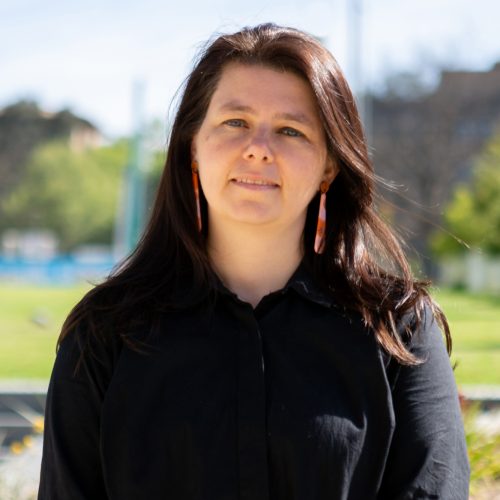Restorative justice conferencing pilot for serious driving offences
Access the project report ‘It’s healing to hear another person’s story and also to tell your own story’ here.
The CIJ’s restorative justice pilot program offered restorative justice processes for people involved in serious motor vehicle collisions in Victoria.
The pilot made restorative justice conferencing available to people affected by motor vehicle collisions that resulted in death or serious injury, where the offending driver was an adult.
From late 2015 to mid-2018, 14 referrals were accepted for restorative justice processes, including face-to-face meetings.
The project aimed to:
- meet the justice needs of victims of motor vehicle collisions through the provision of a restorative justice program that was fair to offenders and did not negatively impact on the traditional criminal justice system; and
- build awareness of and support for restorative justice within the Victorian criminal justice system and associated support services; and
- contribute to knowledge about best-practice delivery of restorative justice processes in response to serious crimes committed by adults, with a particular focus on learning what worked in the Victorian context.
The project was based on research findings that consistently show that restorative justice processes deliver a range of benefits to victims who take part in them. Significantly, recent studies indicate that participation in restorative justice processes can reduce the traumatic effects of crime for victims. This suggests that it may be particularly helpful to provide restorative justice processes in response to very serious offences, because victims of those crimes are likely to have experienced significant trauma, and therefore may have the greatest need for ways that can helpfully address trauma.
The CIJ formed the view that, given the evidence about the benefits of restorative justice for victims of crime, these processes should be made more widely available for victims, including in cases where the offender is an adult, and where the offending is serious. For these reasons, the CIJ decided to pilot a restorative justice conferencing program for serious offences committed by adult offenders, with the aim of demonstrating that a restorative justice program of this kind could work in the Victorian context.
The pilot project report, ‘It’s healing to hear another person’s story and also to tell your own story’ (released in October 2019 and available for download below) includes reflections on the program by people who participated in it, which were gathered by an independent researcher. A close reading of the participants’ interviews provided the basis for a deeper understanding of effective restorative justice program delivery in the context of serious crimes committed by adults.
The project’s findings indicated that restorative justice processes that respond to crime committed by adults should be made available on an ongoing basis in Victoria. In Victoria there is a well-established and highly regarded restorative justice program that operates in response to crimes committed by young people. There are also pilot programs that respond to specific types of harm or crime committed by adults. However, there is no ongoing restorative justice program that responds to a wide range of crimes committed by adults.
The report made recommendations designed to promote the further expansion of restorative justice.
The full report and related material can be accessed via the link below.






